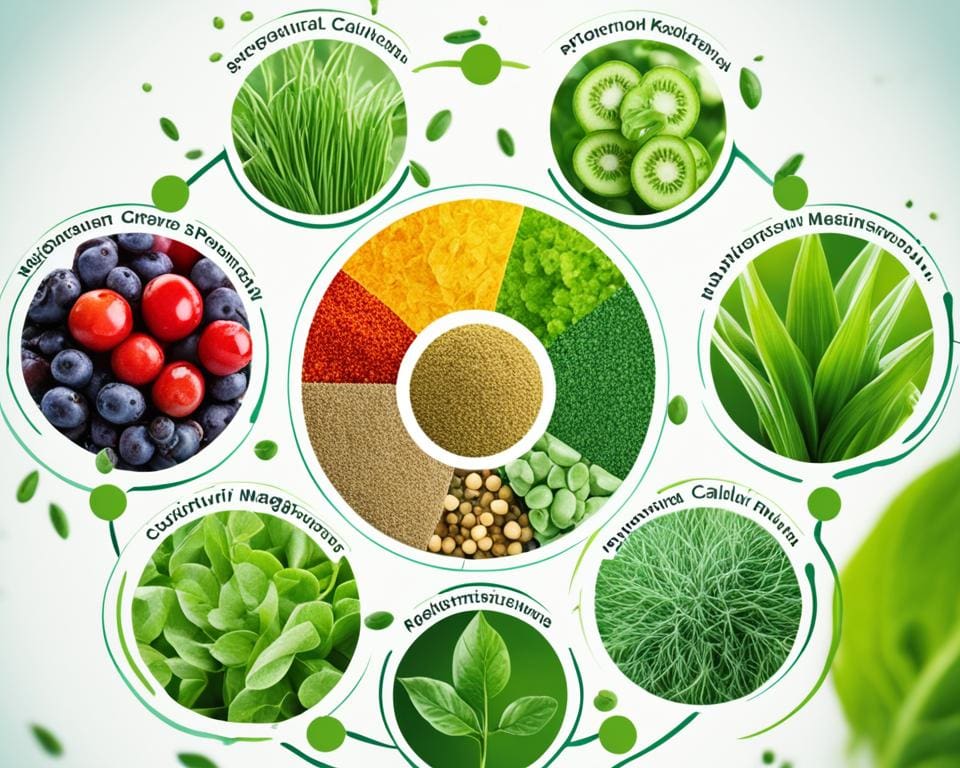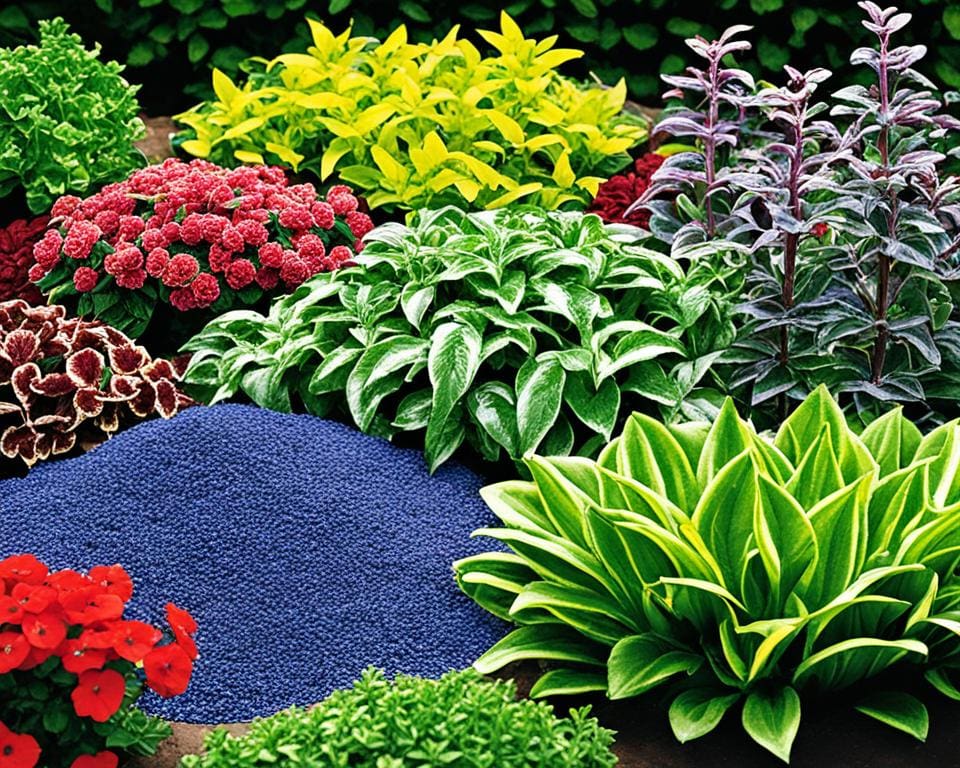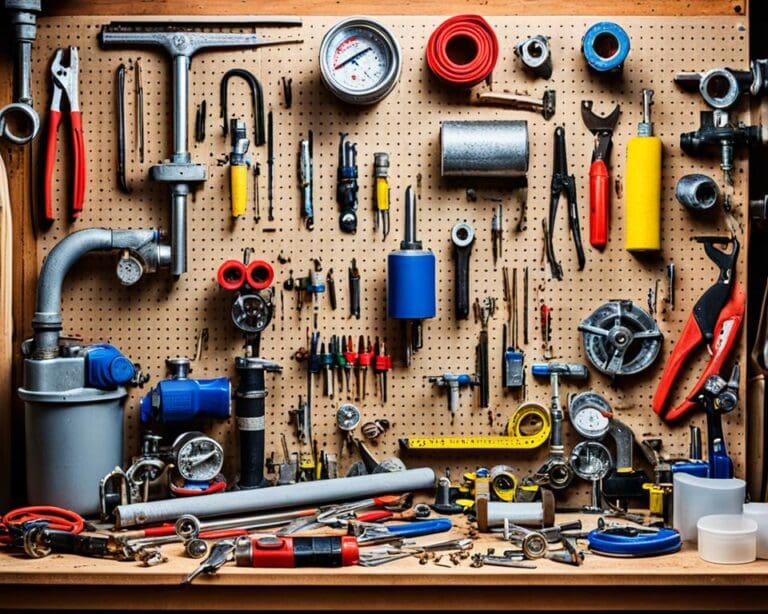Understanding fertilizer types is key for great plant growth. Fertilizers boost the soil’s nutrient content, helping plants do well. By choosing the right plant nutrition, your plants get the vital nutrients for growth.
Cactus fertilizers offer low nitrogen and high phosphorus for desert plants. Liquid seaweed improves soil for acidic-loving plants. Each type has its special mix. Fertilizers for chili plants provide balanced nutrients for spice. Citrus fertilizers have a mix of essential nutrients for fruit. Picking the right fertilizer based on plant needs can improve health greatly.
Understanding Fertilizer Types and Their Importance
To have healthy plants, knowing about their food is key. Plants need many nutrients to grow well. Macronutrients like nitrogen, phosphorus, and potassium are very important. They help plants in different ways. Nitrogen makes leaves grow, phosphorus is good for roots and blooms, and potassium keeps diseases away.

The Role of Essential Plant Nutrients
Plants need lots of nutrients to be strong. Some are needed in big amounts, others in small. The most important ones are:
- Nitrogen (N)
- Phosphorus (P)
- Potassium (K)
Other nutrients like calcium, magnesium, and sulfur also help a lot. They make the soil healthy. This leads to strong roots, nice leaves, and pretty flowers.
Understanding Macronutrients: Nitrogen, Phosphorus, and Potassium
Nitrogen helps plants make proteins and leaves green. Phosphorus is good for roots and helps plants flower and fruit. Potassium fights diseases and helps with water use.
Fertilizer bags show NPK numbers to guide gardeners. Labels like 16-16-16 or 5-10-10 show how much of each nutrient is in there. Knowing about these helps in choosing the right fertilizer for the plants.
Fertilizer Types: Tailoring Nutrition to Your Plants
It’s essential to know the differences in fertilizer types for plant health and soil. Choosing between organic and synthetic fertilizers affects plant nutrition and crop care.
Organic vs. Synthetic Fertilizers: A Comprehensive Comparison
The choice between organic and synthetic fertilizers is a big debate. Organic fertilizers come from compost and manure, slowly releasing nutrients. This helps soil health and supports helpful microorganisms.
Synthetic fertilizers, however, work fast to give plants nutrients. They’re made with precise nutrients for specific plant needs. This can help when plants need an immediate nutrient boost.
Customizing Plant Nutrition for Specific Crop Needs
Knowing what different plants need is crucial for their growth. Plants like citrus and cacti need special fertilizers. Soil tests tell gardeners about the nutrients in their soil.
Using foliar or soil applications can ensure plants get what they need. By watching plant health and changing how they feed plants, gardeners can prevent problems. This helps every plant succeed in its setting.
Choosing the Right Fertilizer for Optimal Plant Growth
Choosing the right fertilizer is crucial for plants to thrive. It depends on knowing what nutrients your plants need and the health of your soil. A soil test should be the first step. This helps you understand the soil’s nutrient levels, pH, and texture. You can then pick the right fertilizer, aiming to fix any nutrient shortages. The numbers on a fertilizer bag, like 10-10-10, tell you about its mix of nitrogen, phosphorus, and potassium. These are key nutrients that help plants grow strong.
When you fertilize is just as important as what fertilizer you use. Starting with high-nitrogen fertilizers helps leaves and stems grow. Later, switching to phosphorus and potassium helps flowers and fruits develop. Slow-release fertilizers are good too. They make your job easier and protect the environment by preventing too much fertilizer from washing away.
Be careful not to use too much fertilizer, as it can hurt your plants. Applying it close to the roots or using a drip irrigation system helps plants use nutrients better. By choosing the right fertilizers and using them at the right time, you can grow healthy plants. This not only makes your garden look good but also supports our environment and can give you great fruits and flowers.









